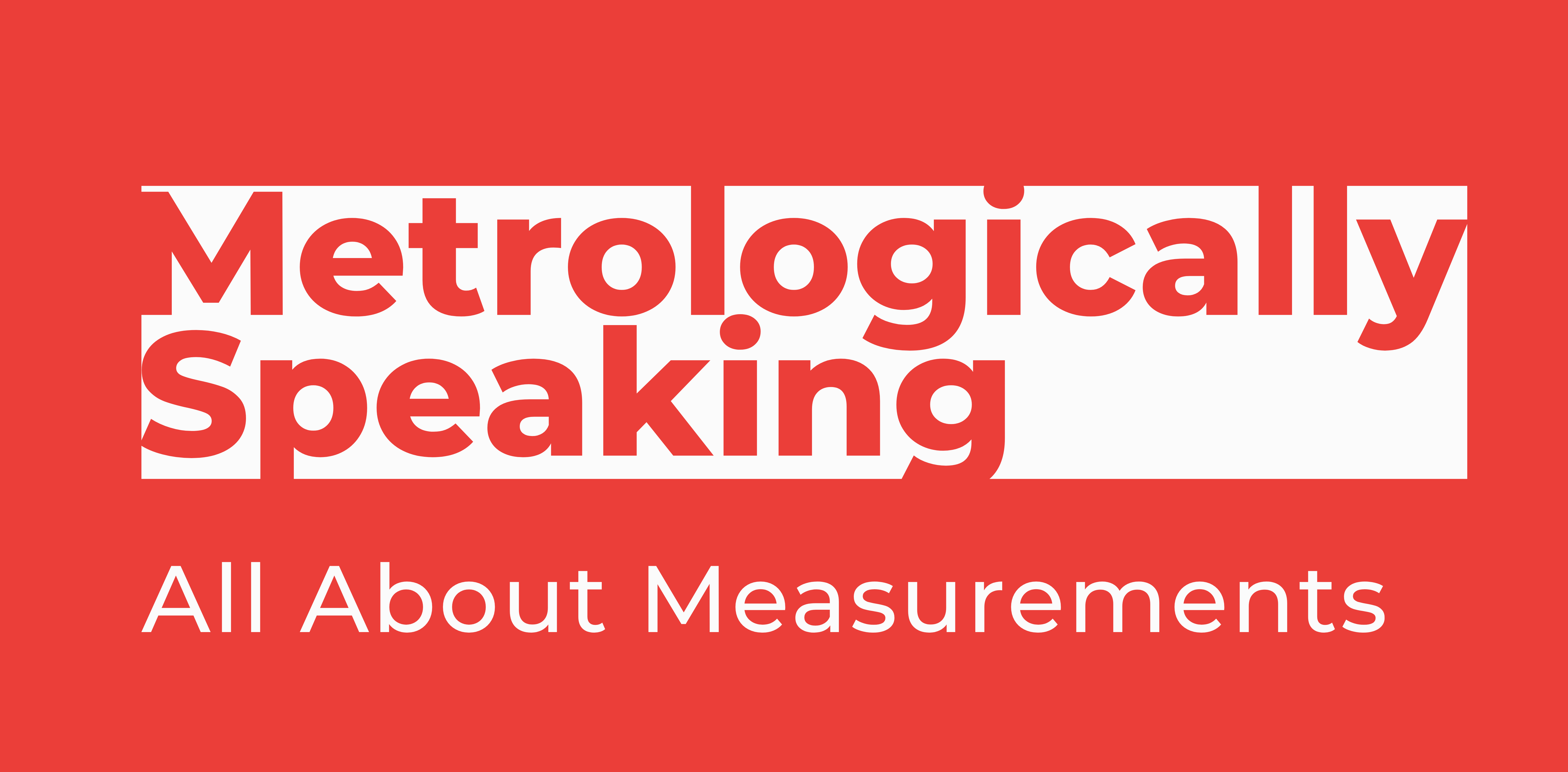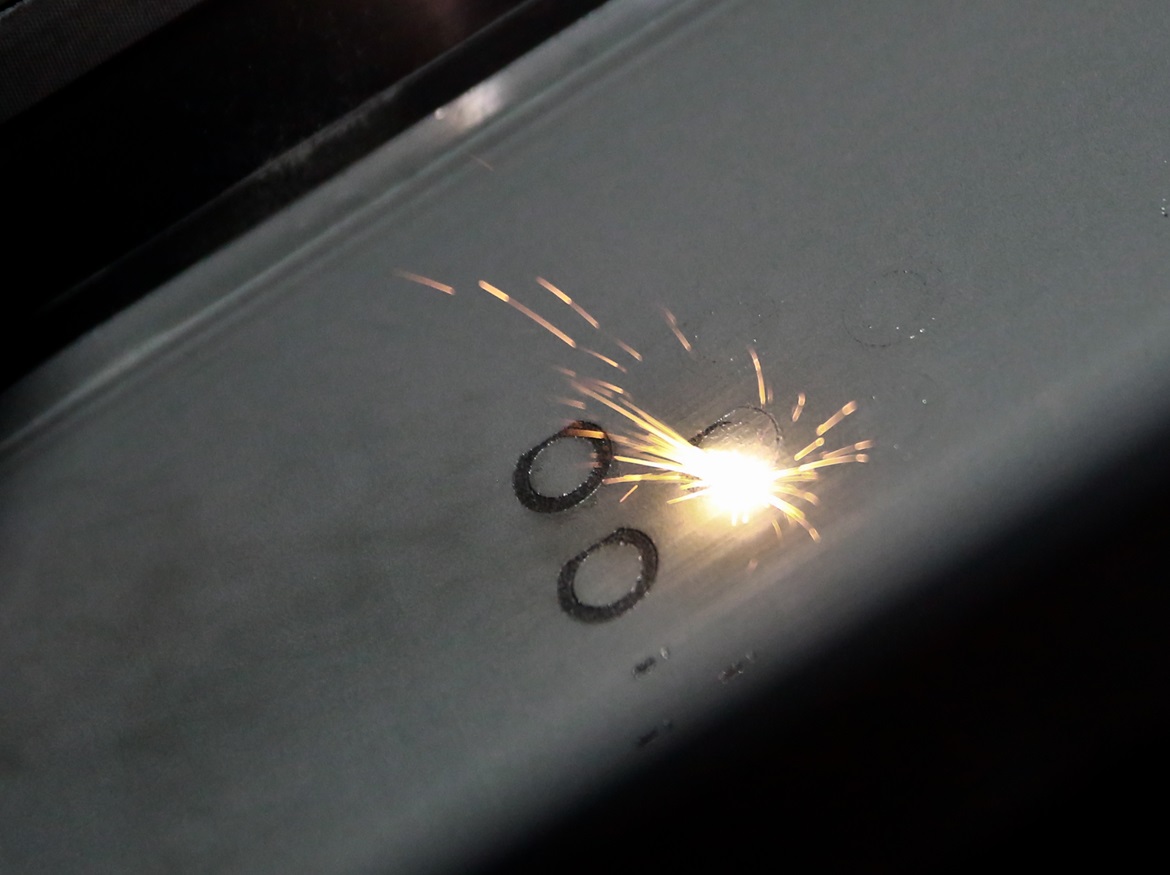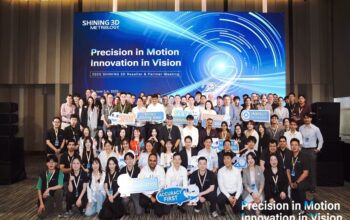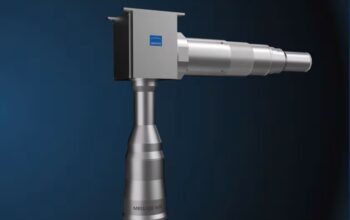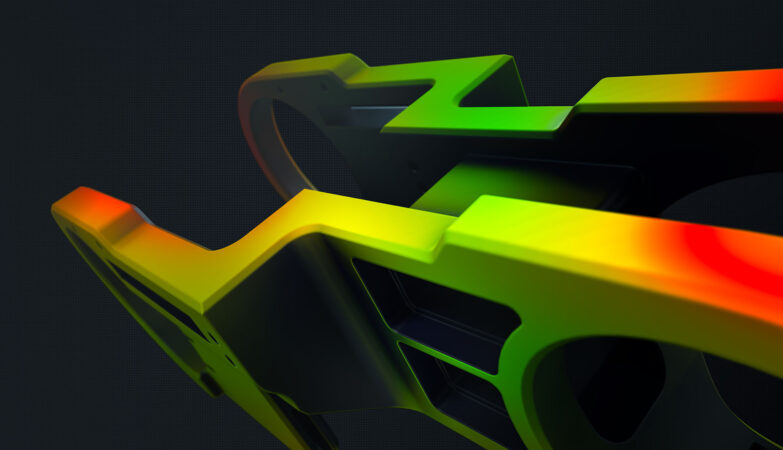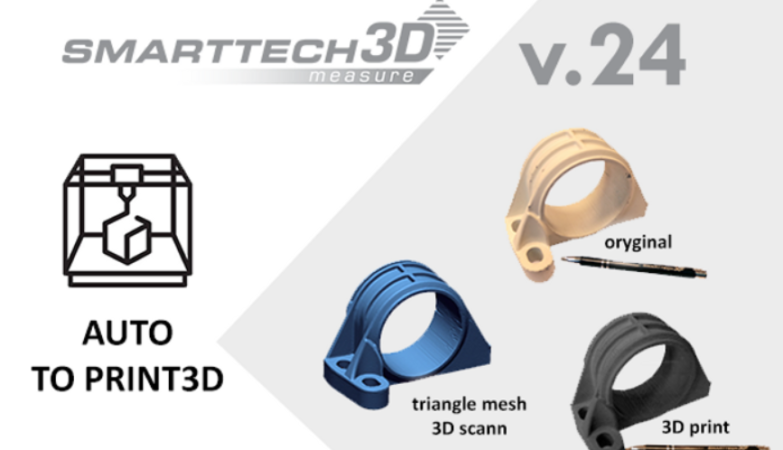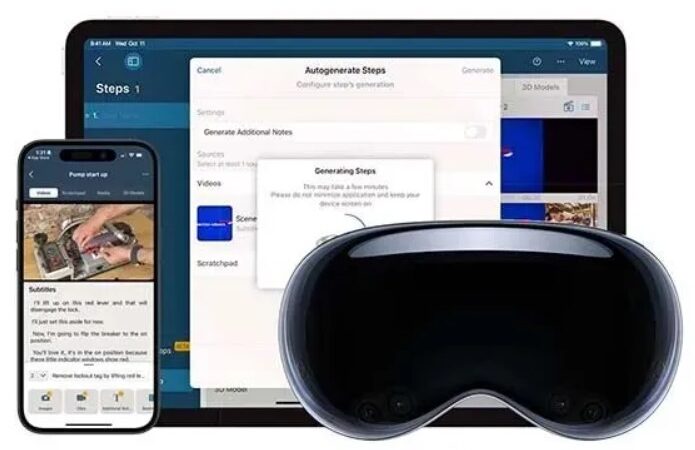Materialise, a global leader in 3D printing software and services, and Renishaw, a global engineering technologies company, have announced a partnership to increase efficiency and productivity for manufacturers using Renishaw’s additive manufacturing (AM) systems. Through the partnership, Renishaw system users will benefit from Materialise’s next-generation build processor software tailored to the RenAM 500 series of metal AM systems. They will also have access to Magics, Materialise’s leading data and build preparation software. This will enable users of Renishaw’s AM systems to build a seamless workflow from design to 3D printed part, control and customise their 3D printing process, reduce production time, and increase the efficiency of their AM operations.
Manufacturing companies are increasingly adopting additive manufacturing to produce metal parts on an industrial scale. A significant technology for industrial 3D printing is laser powder bed fusion (LPBF), which offers users the ability to adapt print parameters for increased productivity. However, LPBF can be challenging for inexperienced users, so additional training may be required to get the most from the technology. Software allows manufacturers to unlock the full potential of the technology by optimising the 3D printing process and streamlining the workflow.
“Working with Materialise enables us to support Renishaw users deploying 3D printing in a host of different manufacturing applications,” said Matt Parkes, AM Strategic Development Manager at Renishaw. “Their next-generation build processors, in combination with their software portfolio, complement our recent technology updates. We’re pleased to be collaborating on the tools needed to support the industry as metal 3D printing becomes an essential piece of the manufacturing puzzle.”
Build processors link 3D printers with data preparation software, streamlining the additive manufacturing process from design to print. Materialise’s next-generation build processor complements Renishaw’s recently launched TEMPUS™ technology. This new scanning algorithm for Renishaw’s RenAM 500 series of AM machines allows the laser to fire while the recoater moves, saving up to nine seconds per build layer without reducing part quality. With this advancement, part build time can be cut by up to 50 percent. Materialise’s next-generation build processor software handles data consistently and speeds up data processing of complex geometries and high volumes of parts. Additionally, the new build processor for Renishaw AM systems enables dedicated print parameters at the part level for increased productivity and optimised quality, making it a viable solution for the volume production of different or identical parts.
“This partnership enables a unique approach to efficient metal 3D printing. The combination of Renishaw’s TEMPUS technology and the ability of Materialise’s build processor to process data at high speeds can significantly reduce production time,” said Karel Brans, Senior Director Partnerships at Materialise. “Partnering with 3D printer manufacturers maximises efficiency by optimising build preparation and streamlining build jobs. This enables manufacturing at all volumes and levels of customisation, allowing users to scale production.”
The build processor for Renishaw AM systems allows users to seamlessly connect to Materialise Magics. This is a technology-neutral data and build preparation software that offers compatibility with nearly all import file formats and connectivity to all major 3D printing technologies. It provides users with advanced workflow control and automation, including the recently launched e-Stage for Metal+.This software optimises data and build preparation for LPBF systems using physics-based modelling to automate support structure generation.
Manufacturing companies can also rely on the Materialise build processor software development kit to create their own intellectual property. The open software system allows them to build their own next-generation build processor tailored to their metal 3D printing application. Customised build processors can help to further enhance cost efficiency, production speed and part quality, which makes it possible to manufacture intricate parts and mass-produce identical or personalised products with consistent quality, reduced scrap rates and abbreviated lead times.
